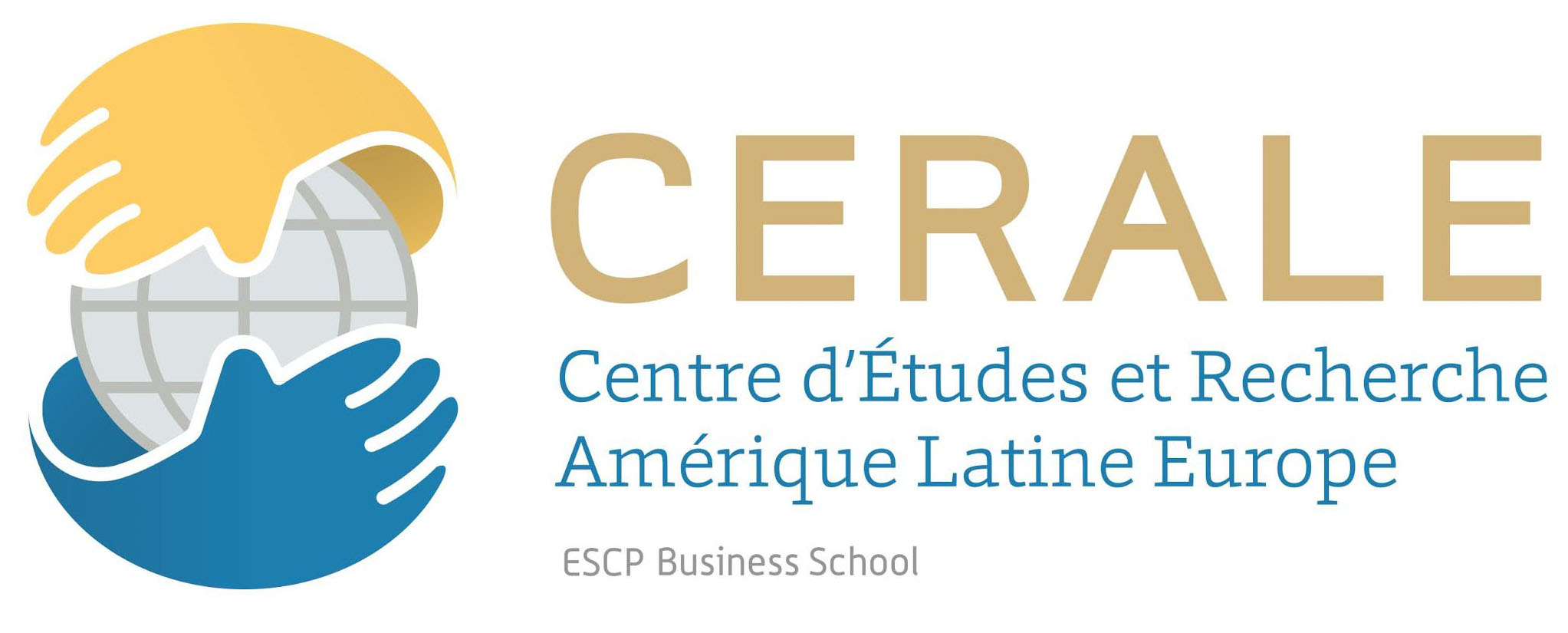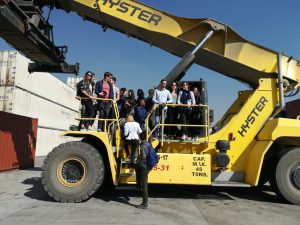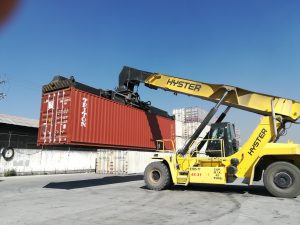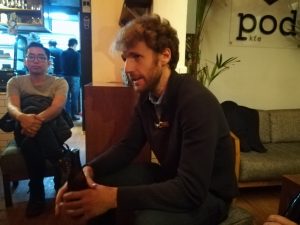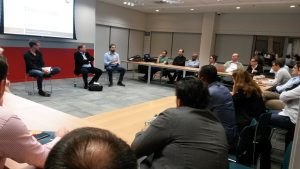About twenty participants from the Specialized Master in Project Management visited Mexico, Colombia and Peru as part of the Latin America Seminar co-organized, as every year, with ESCP Europe’s academic partners. The courses took place at the TEC Monterrey-Campus Santa Fe (Mexico city), the Universidad de los Andes (Bogota) and INSPER (São Paulo).
Various topics were discussed: international strategy, local business environment, local consumer behaviour, entrepreneurial ecosystems, managing projects in emerging economies, supply chain management, …
Meetings with professionals and alumni took place as well as company visits : Railway Terminal Valle de Mexico, Sanofi, Bimbo, Miguel Caballero. A consumer-focused tour in Brazil was organized at São Paulo.
